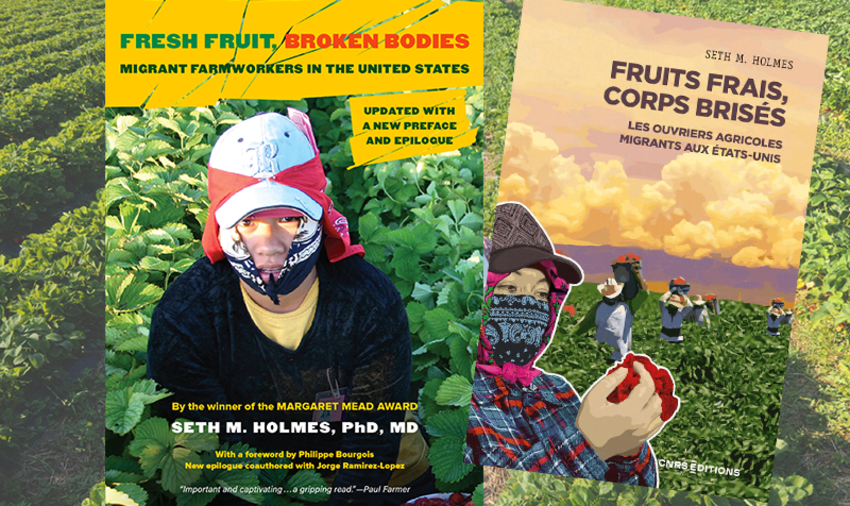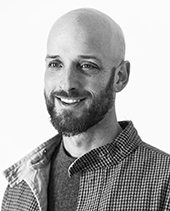Migrant Farmworker Injury: Temporality and Eventfulness
Migrant Farmworker Injury: Temporality and Eventfulness

 University of California Press , CNRS Editions, Dedovstock/Shutterstock
University of California Press , CNRS Editions, Dedovstock/Shutterstock
CRIS + LIEPP TALK
Migrant Farmworker Injury: Temporality and Eventfulness
Professor Seth M. Holmes
Cultural and medical anthropologist, Physician
University of California, Berkeley
ERC FOODCIRCUITS (2023-2028)
University of Barcelona, ICREA Catalan Institution of Research and Advanced Study
Thursday February 8th, Sciences Po, room C210/d'Innovation, 5 p.m. - 7 p.m.
How do social structures and social hierarchies impact bodies, health, injury, and disease for different categories of people?
How do social hierarchies and socially structured health assymetries come to be understood as normal and natural in society and in medicine? And when are they confronted or resisted?
 The Centre for Research on social InequalitieS and the Laboratory for Interdisciplinary Evaluation of Public Policies are pleased to invite Professor Seth Holmes, anthropologist and physician at the University of California at Berkeley. During his talk, Professor Holmes will share with us some of his original ethnographic work, partly explained in the book Fresh Fruit, Broken Bodies: Migrant Farmworkers in the United States, recently updated and published by the University of California Press (2nd ed. nov. 2023). This work has been translated in French by CNRS Editions (Fruits frais, corps brisés: Les ouvriers agricoles migrants aux États-Unis).
The Centre for Research on social InequalitieS and the Laboratory for Interdisciplinary Evaluation of Public Policies are pleased to invite Professor Seth Holmes, anthropologist and physician at the University of California at Berkeley. During his talk, Professor Holmes will share with us some of his original ethnographic work, partly explained in the book Fresh Fruit, Broken Bodies: Migrant Farmworkers in the United States, recently updated and published by the University of California Press (2nd ed. nov. 2023). This work has been translated in French by CNRS Editions (Fruits frais, corps brisés: Les ouvriers agricoles migrants aux États-Unis).
Professor Holmes explores the ways in which social differences come to count – and be counted – in various senses. His main problematics are the gaze, racialization and racism; the subjectivation of the health professional and the embodied production of the clinical and epidemiological gaze; the legitimation, normalization and naturalization of social inequality.
He shared the daily life, suffering and resistance of Mexican migrants in the United States. He treked with his companions clandestinely through the desert into Arizona, lived with Indigenous families in the mountains of Oaxaca State and in farm labor camps. Exploited by the contemporary food system he planted and harvested corn, picked strawberries, and accompanied sick workers to the hospitals.
During this talk, Professor Holmes will expand on his experience and discuss ths various ways in which social inequities come to be perceived as normal in society and in health care.
Please register here to join us. Thanks.









